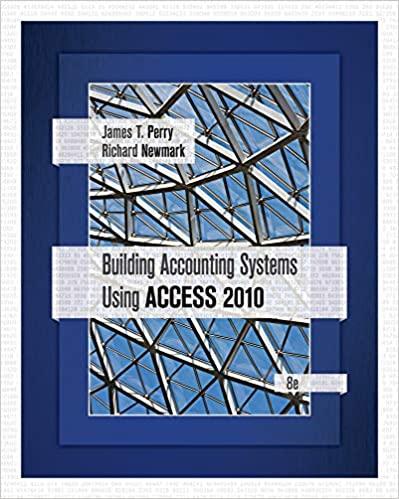Question
Read through the ethical situation. For the Original Post* , you will answer the following questions: Is it ethical for the courts to award such
Read through the ethical situation. For the Original Post*, you will answer the following questions:
- Is it ethical for the courts to award such enormous amounts of money in whistleblowing cases?
- Do you believe that justice was done in the Bank of America case? Explain.
- Would you change the decision in the case? Explain.
- Is whistleblowing, in general, an ethical practice or does it encourage betrayal and entrapment? Explain.
Whistleblower vindication is still very much a part of the American legal system. A case in point is the multimillion-dollar whistleblower settlement in the lawsuits filed against Bank of America, which ended up paying a $170 million penalty to four whistleblowers who filed suits against the bank for selling defective mortgage loans and for overvaluing mortgage properties, all of which contributed to the birth of the 21st-century financial crisis. The four record-breaking whistleblower rewards were part of a larger settlement package that was included within a variety of individual cases filed against Bank of America for financial wrongdoing. One of the lawsuits was filed by an ex-employee of a Bank of America affiliate, LandSafe Appraisal Services, after his work time was reduced in reaction to his reservations about the possibility that borrowers and investors would be invited to purchase inflated properties. Another complaint was issued by an employee of Countrywide Financial Corp. (another company owned by Bank of America) who reported that Fannie Mae and Freddie Mac were actually sold defective mortgages by the bank. A third allegation from another Countrywide Financial employee indicated that the Bank of America affiliate had routinely produced mortgage loans that were hugely undervalued. The program uncovered and reported by this third employee was nicknamed the Hustle because it systematically eliminated checkpoints and evaluation processes that slowed loan approvals and rewarded brokers based on the number, rather than the quality, of the loans that they pushed through the system. The goal of the program, which was christened the High Speed Swim Lane (HSSL), was not to produce solid mortgage loans but to increase Countrywide's bottom line. Fannie Mae and Freddie Mac then purchased the bad loans, which collapsed because the mortgagees defaulted on their payments. Reports indicate that 57% of the Countrywide HSSL loans ended badly. Bank of America got into the act when it purchased a company it though had the Midas touch, only to discover that Countrywide's success rate was a sham from day one. A fourth whistleblower case features a New Jersey mortgage company named Mortgage Now, which complained that the Federal Housing Authority had received loans from Bank of America for which the values were badly distorted. All told, at the end of the day, Bank of America paid a $16.65 billion penalty, which included the whistleblower settlement of $1 billion, $170 million of which was parceled out to the whistleblowers themselves. .
Step by Step Solution
There are 3 Steps involved in it
Step: 1

Get Instant Access to Expert-Tailored Solutions
See step-by-step solutions with expert insights and AI powered tools for academic success
Step: 2

Step: 3

Ace Your Homework with AI
Get the answers you need in no time with our AI-driven, step-by-step assistance
Get Started


